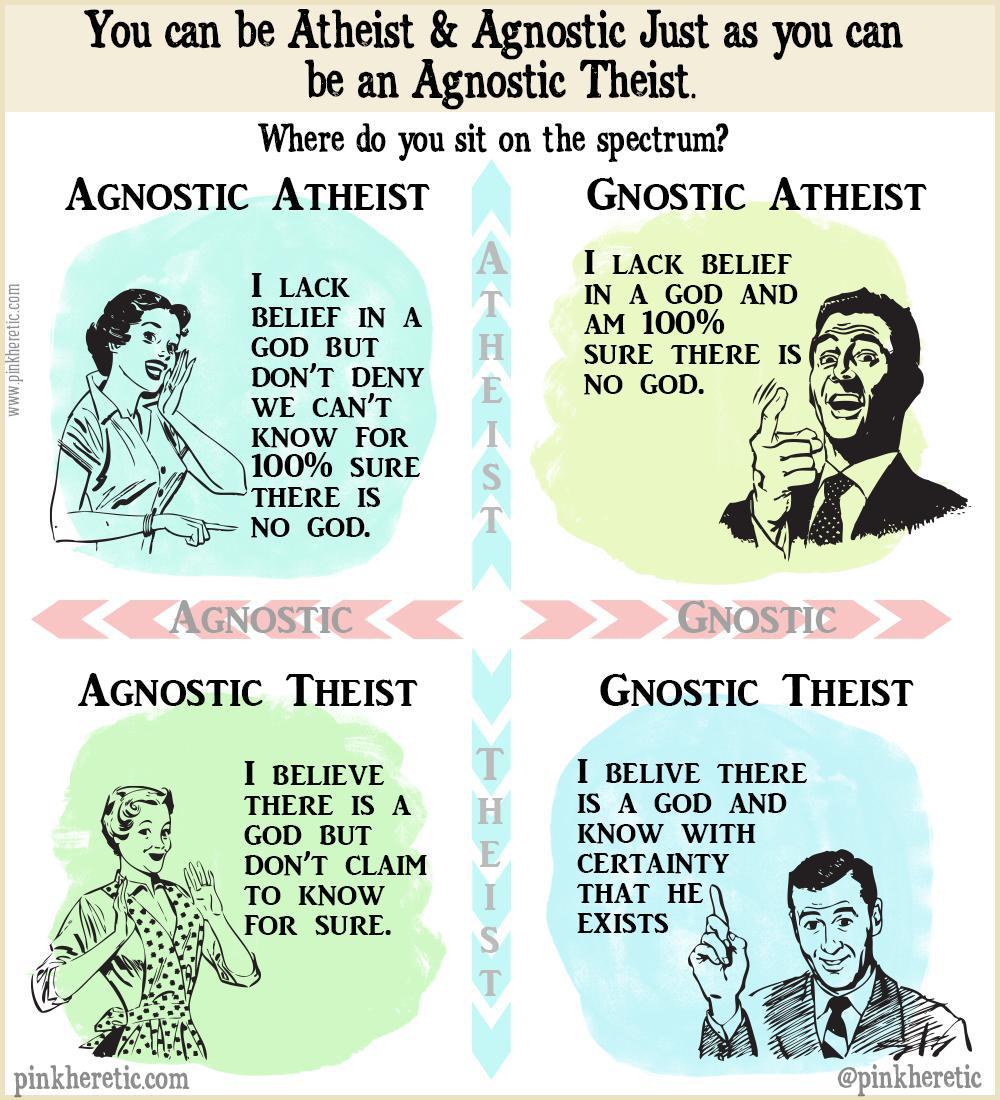questfortruth
Well-Known Member
1. Gnostic Atheist says: "I think, there is no God (because there is no proof of God)."
2. Agnostic Atheist says: "I do not believe, that there is God."
The gnostic atheist does declare Lord nonexistent,
but without a proof of the major claim of atheism.
Atheism : disbelief or lack of belief in the existence of God or gods.
But is it lack of knowledge as well?
What is this belief?
It is conviction, assurance, that there is no God.
So, there is no much different to say:
1. "I think, there is no God (because there is no proof of God)."
2. "I do not believe, that there is God."
3. "I believe, that there is no God."
2. Agnostic Atheist says: "I do not believe, that there is God."
The gnostic atheist does declare Lord nonexistent,
but without a proof of the major claim of atheism.
Atheism : disbelief or lack of belief in the existence of God or gods.
But is it lack of knowledge as well?
What is this belief?
It is conviction, assurance, that there is no God.
So, there is no much different to say:
1. "I think, there is no God (because there is no proof of God)."
2. "I do not believe, that there is God."
3. "I believe, that there is no God."
Last edited:


